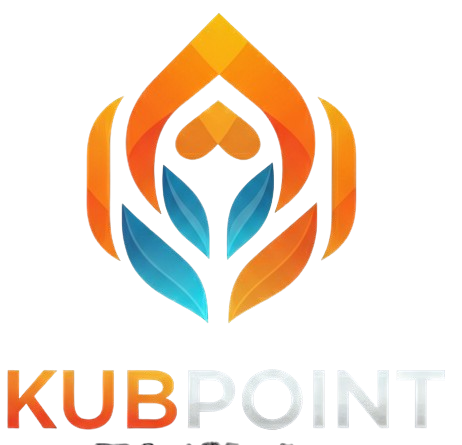Microsoft is tackling technical debt with new GitHub Copilot AI agents that modernize legacy Java and .NET apps, plus AI-powered updates to Azure Migrate and Azure Accelerate. These tools promise to cut modernization time by up to 70% and accelerate AI adoption.
Author: drweb
At swampUP 2025 in Napa Valley, JFrog’s Yossi Shaul, senior vice president of DevOps, joined Alan to reflect on both his personal journey and JFrog’s evolving role in shaping modern software delivery. Shaul has been with JFrog since its early days, starting with the creation of Artifactory nearly 16 years ago — before “DevOps” was […]
At swampUP 2025, Alan caught up with Demetrios Brinkmann, founder of the MLOps Community, to discuss the growing gap between AI research and real-world production deployments. Brinkmann leads a global network of more than 100,000 developers dedicated to bridging that divide, helping teams move beyond flashy demos and academic models to systems that deliver tangible […]
Senior Frontend Engineer I, Engage
Senior Backend Engineer I
The fundamental challenge with MCP-enabled attacks isn’t technical sophistication. It’s that hackers have figured out how to catfish your AI. These attacks work because they exploit the same trust relationships that make your development team actually functional. When your designers expect Figma files from agencies they’ve worked with for years, when your DevOps folks trust their battle-tested CI/CD pipelines, when your developers grab packages from npm like they’re shopping at a familiar grocery store, you’re not just accepting files. Rather, you’re accepting an entire web of “this seems legit” that attackers can now hijack at industrial scale. Here are five…
Slack is a popular tool for team interaction. To describe it quickly, it’s a feature-rich persistent chat room, with threads, multimedia, alerts, etc. There is a web interface, a desktop app, and a mobile app.In addition to Twitter, which is also extremely popular in the SQL Server community, there are a couple Slacks to be aware of, specifically setup for the SQL Server community:If you’re a user group leader or SQLSat organizer in the PASS US South Central Region (NM, TX, OK, AR, LA):And if you’re in my hometown Baton Rouge, join:https://batonrouge.slack.com/ – developers, designers, marketers, business people, hobbyists, students, and…
Want to break down complex signals into their building blocks? The Fast Fourier Transform (FFT) is like a musical analyzer for any kind of data. It can take a messy signal and show you exactly which frequencies make it up.Python’s scipy.fft module makes this powerful tool easy to use. Whether you’re working with audio files, sensor readings, or any data that changes over time, FFT helps you see the hidden patterns inside.In this tutorial, we’ll learn how to use scipy.fft to analyze signals step by step. You’ll see how to break down simple waves, plot the results, and even work…
If you are considering going from your existing industry to programming, there are quite a few resources that can help you upskill from scratch. You need practical skills that employers want.These seven websites deliver real results for people making the jump into programming.1. AskPython.com – Your Python Journey Starts HereAskPython taught me Python fundamentals when I felt overwhelmed by other resources. The tutorials here break complex topics into digestible pieces. You get hands-on examples you can run immediately.What sets AskPython apart? The articles focus on real problems developers face daily. Instead of abstract theory, you learn to build actual applications.…
Promptfoo is an open-source CLI and library for evaluating LLM apps. Docker Model Runner makes it easy to manage, run, and deploy AI models using Docker. The Docker MCP Toolkit is a local gateway that lets you set up, manage, and run containerized MCP servers and connect them to AI agents. Together, these tools let you compare models, evaluate MCP servers, and even perform LLM red-teaming from the comfort of your own dev machine. Let’s look at a few examples to see it in action. Prerequisites Before jumping into the examples, we’ll first need to enable Docker MCP Toolkit in…
